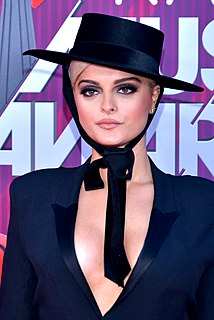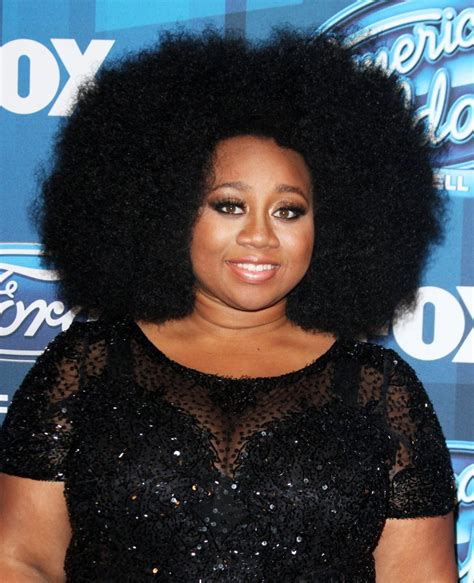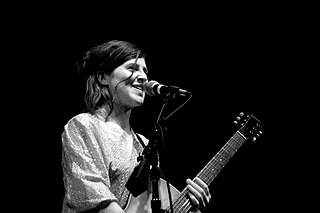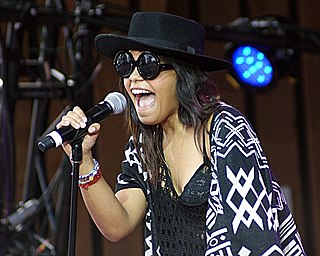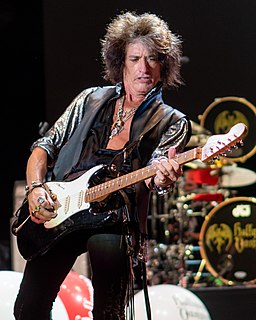A Quote by Margaret Cho
I feel like this song [Yello, "Oh Yeah"] was probably done in a couple of minutes in a studio. There was probably no thought behind it; they were just playing with some samples and threw it together. I feel like there's no dream behind the song. Usually there's a dream or some kind of passion attached to a song. This song feels very empty. It made a lot of money for the songwriters but at the expense of culture.
Related Quotes
It's completely unsexy [Yello, "Oh Yeah" 1985]. It does capture that weird '80s materialism and "We're gonna get it on now" vibe. But it's a very juvenile approach. It also became a weird signal for comedy, in the sense that when you heard the song, it meant comedy was happening on screen. I feel like this song was probably done in a couple of minutes in a studio.
Like the Birth Of Venus, the song [Yello "oh, Yeah"] denotes the birth of the bro. The song just reminds me of bros looking out over lowered Ray-Bans. It birthed a negative sexual revolution. I was going to a lot of bondage clubs at the time and they did play this song. The song I associate more is that horrible Enigma song with the Gregorian chant. There's something good buried in that song and I might not hate it as much if I hadn't been a sex worker.
But once you've made a song and you put it out there, you don't own it anymore. The public own it. It's their song. It might be their song that they wake up to, or their song they have a shower to, or their song that they drive home to or their song they cry to, scream to, have babies to, have weddings to - like, it isn't your song anymore.
I'm no longer beholden to the sacredness of the recorded song as some kind of ultimate standard by which every performance of the song is measured. I like to diversify, that there are multiple versions of every song. And the songs incorporate a lot of improvisation, and an element of chance, and I think that's exciting. There's no one true formulation of a song, they have various manifestations depending on the space we're in. I like that.
I remember writing lyrics for 'Take Me to Church' for a long time before I even had a song in mind for. It's not that I was trying to write that song for a year, but sometimes you just kind of collect lyrical and musical ideas and don't actually complete the song until you feel like they work together and have a home.
I played a couple of ideas and then had this unusual texture underneath which was like this little granulated kind of pipe organ almost like a scratchy record which he started [inaudible] brilliantly. "Oh I love that song." And when things go fine, it's good. So he started loving that song and that song was used quite a lot in the movie which is very granulated stuff on the guitar.
An audience will let you know if a song communicates. If you see them kind of falling asleep during the song, or if they clap at the end of a song, then they're telling you something about the song. But you can have a good song that doesn't communicate. Perhaps that isn't a song that you can sing to people; perhaps that's a song that you sing to yourself. And some songs are maybe for a small audience, and some songs are for a wide audience. But the audience will let you know pretty quickly.



